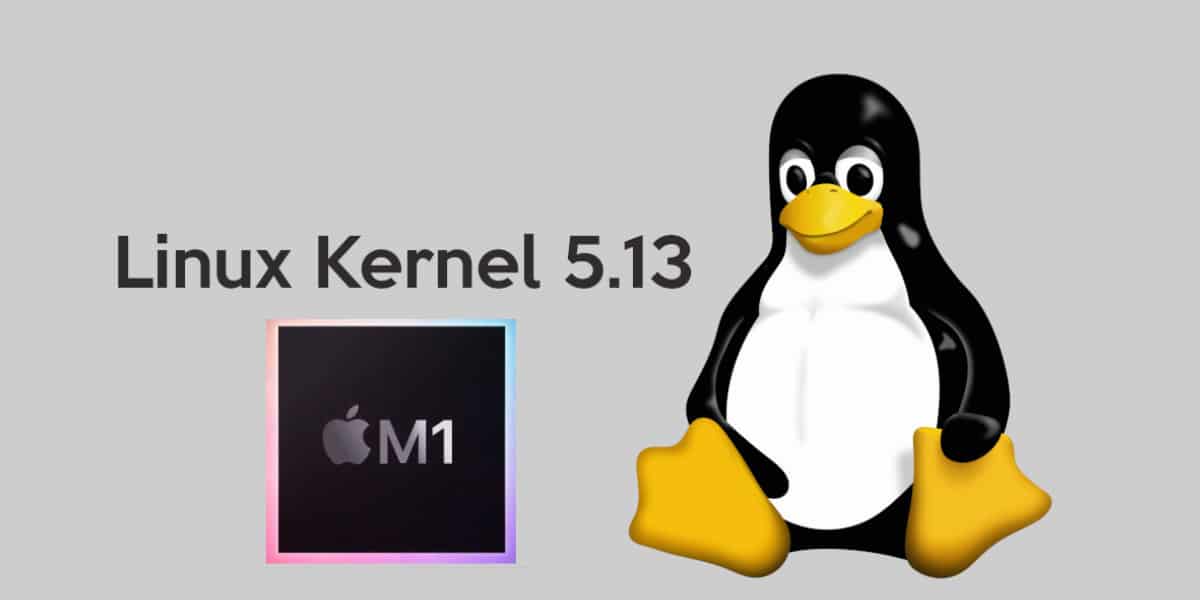

Linux you also get on the high-speed train called Apple Silicon. It only remains for Microsoft to also launch its Windows ARM compatible with the M1, and the circle will be closed. Without a doubt, great news for users of the new Macs.
So if you have one of the new Macs with an M1 processor, you can install the Linux operating system apart from macOS. The Kernel 5.13, already runs natively on the new Apple Silicon. Take it now.
Last December, we already commented that a new version of the Linux Kernel was being worked on to run natively on new Macs with processor M1. And six months later, this project is already a reality with the new kernel 5.13 of the free software of the penguin.
The new Linux kernel 5.13 adds support for various chips based on the ARM architecture, including the Apple M1. This means that users will be able to run Linux natively on the new M1 MacBook Air, MacBook Pro, Mac mini, and 24-inch iMac.
Until now it was possible to run Linux on M1 Macs via Virtual machines and even with a Corellium port, but none of these alternatives ran natively, which means that they did not take advantage of the maximum performance of the M1 processor. However, some developers had been working to include native support for M1 in the Linux kernel, and now this has become a reality.
The new Linux kernel 5.13 brings new safety features like the Landlocked LSM, Clang CFI support and optionally the kernel stack offset on each system call is random. There is also support for the HDMI FreeSync protocol.
So users of the new M1 processor Macs can now have two native operating systems on their machines: macOS Y Linux. Windows, for the moment, is still running virtually.



